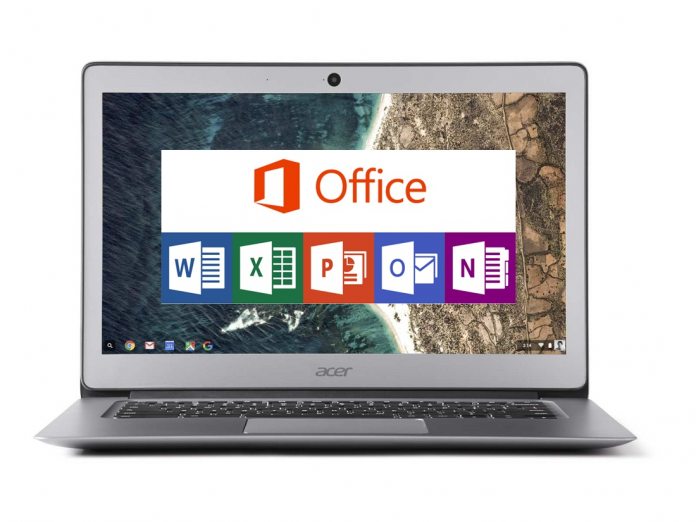This decision does not affect Office applications on other Android platforms. In other words, users on smartphones will still get the Android Office applications. This is just for Chrome OS users, and it seems Microsoft is taking this decision to get more users to sign up for an account. That’s because to use Office apps on Outlook.com or Office.com requires users to a have a Microsoft Account (MSA) or a subscription for Office 365 (Microsoft 365). Rumors have been swirling through the summer that Microsoft was planning to push users to the web Office platform instead of apps. Earlier this month, the company pointed to the change is an update on the “How to install and run Microsoft Office on Chromebook” support page: “The Android versions of Office, Outlook, OneNote and OneDrive are not currently supported on a Chromebook.”
Making the Move
On Office.com, Chrome OS users can access Excel, Word, OneNote, PowerPoint, OneDrive and the complete suite of apps. Still, it may be less convenient for users who have been able to download native Office apps from the Google Play Store. Microsoft may argue because Chrome OS relies on an online connection, offering only Office on the web makes sense. The company says the web version “provide(s) the most optimized experience for Chrome OS/Chromebook customers.” Either way, in a month’s time the apps will no longer be available for Chrome OS users. It is unclear what will happen with users already running the apps, but we guess the apps will stop working. Tip of the day: When using your Windows 10 laptop or convertible with a mobile hotspot you might want to limit the Internet bandwidth your PC uses. In our tutorial we are showing you how to set up a metered connection in Windows 10 and how to turn it off again, if needed.




